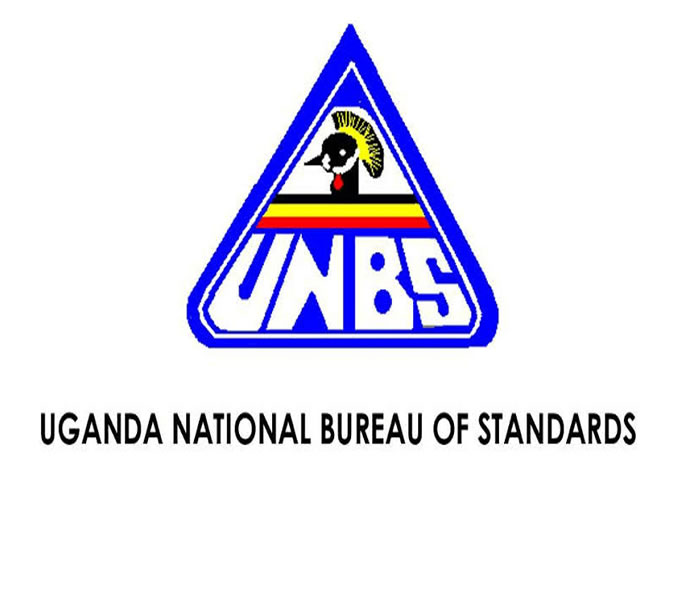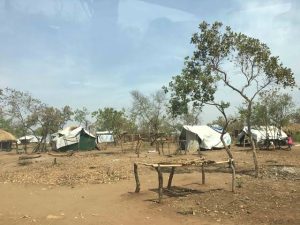Non-compliant Maize Millers to be Closed by June as Cancer Threat Looms -UNBS
3 min read
The Uganda National Bureau of standards -UNBS will close all maize millers that won’t have a distinctive certification by June this year.
Section 43 of the Uganda National Bureau of Standards Act, cap 327, makes use of a distinctive mark a mandatory requirement for all importers and manufacturers of any article, product or a thing that is or will be a subject of trade or use.
Addressing millers under their joint union Rubaga Grain Millers Association, Ronald Ahimbisibwe, the UNBS Principal certification officer said since 2018 they have tried to educate millers about the advantages of having a distinctive mark (Q-Mark) before their products are put on market but few have complied.
Rubaga Grain Millers Associations brings together over 400 millers from different parts of the country including Gulu, Arua, Kisenyi, Masanafu, Busega, Nateete and Kotido.
In this meeting that was attended by over 50 millers, only two had acquired a distinctive mark for their maize flour (Nakawuka Maize Millers and Kasawo Millers). The rest are still hanging on to excuses of Covid-19 effects, NEMA threatening to evacuate them and delayed construction of Nakawuka road.
Requirements for a maize miller to acquire this distinctive mark (Q-Mark), include being a registered enterprise with a TIN number, having proper packaging and labeling, proper infrastructure (recognized building, fence, well-built toilet, second wire meshed door) and very importantly, milling only aflatoxin-free grain.
Contaminated maize is a big health hazard that most posho-eating Ugandans seems to be unaware of. According to research done by Scientific Africa ”Mycotoxins contamination in foods consumed in Uganda, a 12-year review (2006-2018)”, Aflatoxins -a highly toxic compound produced by fungi in maize – had cost Uganda 577 million dollars (over 2 trillion shillings) annually as a result of 3,700 aflatoxin induced liver cancer cases.
“I visited some of you during inspection and I found healthy looking goats and cats around your mills feeding on the maize” a shocked Ronald Ahimbisibwe said accusingly. He reminded them that this is a major health threat to the whole country.
Maize milling is a big business in Uganda because maize flour is an important staple food for over 90 per cent of Ugandans.
Richard Serwadda chairman Rubaga Grain Millers Association, agrees that there has been laxity in acquisition of this mark among millers calling for serious action from UNBS. Sserwadda who owns Real food maize millers doesn’t own a mark but promises to acquire it soon.
This distinctive mark (Q-mark) costs less than 1.5 million shillings which is pocket change for the billionaire maize millers. But to acuire it one must fulfill the hygienic requirements in and around their mill as well as using only the cleanest grain.
The distinctive mark(Q-Mark) is an important mark because it gives assurance to the consumer that the product meets quality and safety standards, confidence that it will perform as expected, it makes the product widely accepted in the market and can easily access regional and intentional markets
A kilogram of maize today costs 630 shillings, milled maize flour processed between 50%-55% (commonly known as number 1) goes for 30,000 for 25kgs and 60,000 for 50kg packs in wholesale shops around Kisenyi.
Ssenyonga Aaron who doubles as a whole seller and a miller at J L millers kisenyi says emphasis of producing good quality maize flour should start with the farmers. He says farmers should purpose to harvest well, dry well and store well so as to prevent contamination of maize with aflatoxins.
URN





